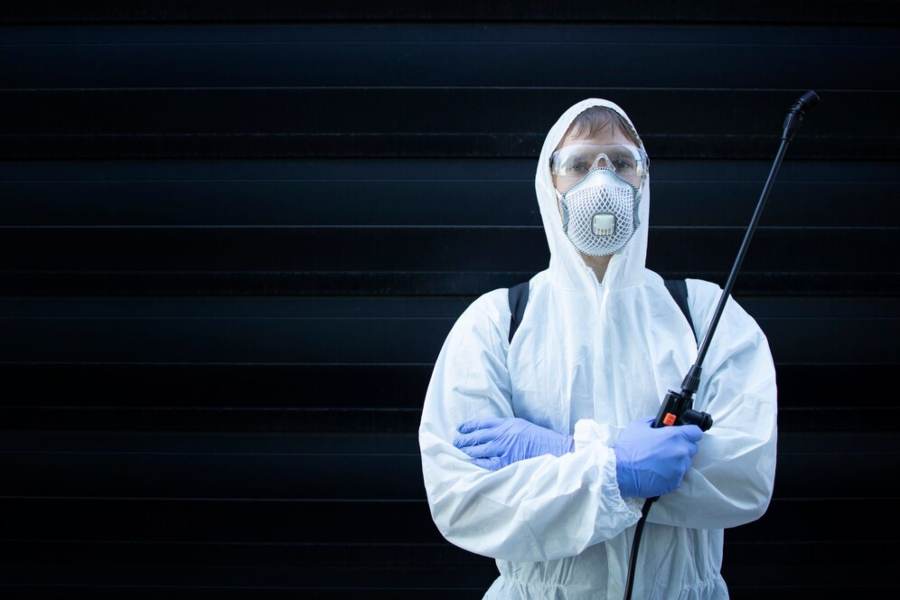10 Signs You Need a Professional Pest Manager ASAP

Early detection and swift action are key when it comes to pests in your home or workplace. While a few ants or the occasional fly might not raise immediate concern, a growing infestation can lead to property damage, health risks, and costly repairs. If you’ve noticed any of the following red flags, it might be time to stop relying on DIY methods and call a Professional Pest Manager.
Frequent Pest Sightings
Seeing a cockroach scurry across the floor or a mouse dart under the fridge once might seem like a one-time issue, but pests are rarely solitary. Frequent sightings—especially during daylight hours—suggest a larger population hiding in walls, ceilings, or crawl spaces.
Unexplained Property Damage
Pests like rodents, termites, and silverfish are known for their destructive habits. If you’ve noticed chewed wires, gnawed wood, torn fabric, or shredded paper, these could be signs of an active infestation that requires expert assessment.
Droppings or Urine Trails
Pest droppings are one of the most obvious signs of an infestation. Rodent feces are small and pellet-shaped, while cockroach droppings resemble coffee grounds or black pepper. Finding any sort of pest waste means the problem is established and needs professional treatment.
Odd Noises, Especially at Night
Scratching in the walls, scampering in the ceiling, or buzzing in hidden corners—if your home sounds like it’s alive after dark, it probably is. These noises are telltale signs of rodents or insects nesting in your property.
Strange Smells
A persistent, unpleasant odour can point to a pest problem. Rodents and cockroaches emit oily, musky scents, while urine and droppings leave lingering smells. Dead pests trapped in wall cavities can also cause a foul stench that doesn’t go away with air fresheners.
Visible Nests or Hives
If you’ve found a wasp nest, termite mound, or rodent nesting material (like shredded paper or fabric), you likely have a serious infestation. Removing nests yourself is dangerous and often ineffective—this is a job for a licensed pest control professional.
Allergies or Illnesses
Pests can trigger allergic reactions, asthma attacks, or skin irritations. If household members are experiencing unexplained symptoms, pests could be the culprit. Cockroach droppings and dust mites are especially notorious for exacerbating respiratory issues.
Holes, Tracks, or Grease Marks
Rodents leave greasy trails along walls and baseboards due to their oily fur. They also create burrows and small holes in walls or floors. Seeing these marks or entry points indicates you have a pest problem that needs containment and sealing—tasks best left to professionals.
Pet Behaviour Changes
Pets often detect pest activity before humans do. If your cat or dog is suddenly fixated on a particular area of the house—scratching at walls or sniffing obsessively—it could be responding to sounds or smells from hidden pests.
Failed DIY Attempts
Tried sprays, traps, and store-bought solutions with little success? That’s a strong indicator the problem is more severe than you initially thought. DIY pest control can often treat symptoms, but not the source. A pest manager can identify entry points, nesting areas, and apply targeted treatments that work.
Why Professional Pest Management Matters
A professional pest manager does more than just apply chemical treatments. They conduct a thorough inspection, identify the specific type of pest, locate nesting areas, and create a treatment plan tailored to your property. They’ll also help with prevention—sealing entry points, advising on cleanliness, and setting up regular maintenance if needed.
Pest infestations can escalate quickly, causing extensive damage and posing health risks. If any of the signs above sound familiar, don’t wait. A professional pest manager can restore safety, comfort, and peace of mind to your environment before things get worse.
